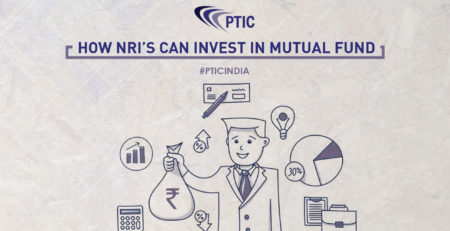So, we need to start now, but remember that the next step is finding suitable funds. This can depend on what you are trying to accomplish, so please consider the following factors:
Risk Appetite: Based on an investor’s risk profile, his or her investment amount and duration will vary. High-risk investments offer higher potential rewards, but also involve more risk.
Market Positioning: Some investors may be risk-averse and want to wait to invest until the market corrects itself, while others are willing to take on high-risk investments. The common thing among all investors is that they’ll experience all market cycles and corrections, but their returns will vary because of investing at different times.
Return on Investment: An investor willing to take high risks for high returns can ideally consider investing in equity, or stocks. If the investors have significant savings lying around in the bank account that they don’t need, then they can invest in funds that payout according to how much they put in, like mutual funds. For both of these, you’ll need to stay invested for a minimum of 3-5 years to experience the highest returns.
Tax Saving Under Section 80C: Taxes are an unavoidable part of life, but that doesn’t mean you can’t minimize them. That’s where Section 80C comes in. This provision provides tax deductions to up to Rs. 1.5 lakh per year from the taxpayer’s total income. Proper use of this provision along with ELSS schemes from fund houses can result in great savings for your taxes overall and quick investing times with a lock-in of three years is the shortest among all Section 80C investment options.
Long-term or Short-term Horizon: Choosing the right investment horizon is essential to the way you go about investing. Short-term investments are low on both risk and return, whereas long-term investments are higher on both risk and return. If you have an eye for risk management, then long-term investments–or lump sum or SIPs–are an option. For safety, consider ultra short-term funds in the case of steadiness but low return rates.
To sum up, investing in mutual funds is a wise idea that offers many benefits. With the right guidance and assistance on selecting, maintaining, and tracking performance, one can invest without worrying about time or concern.










